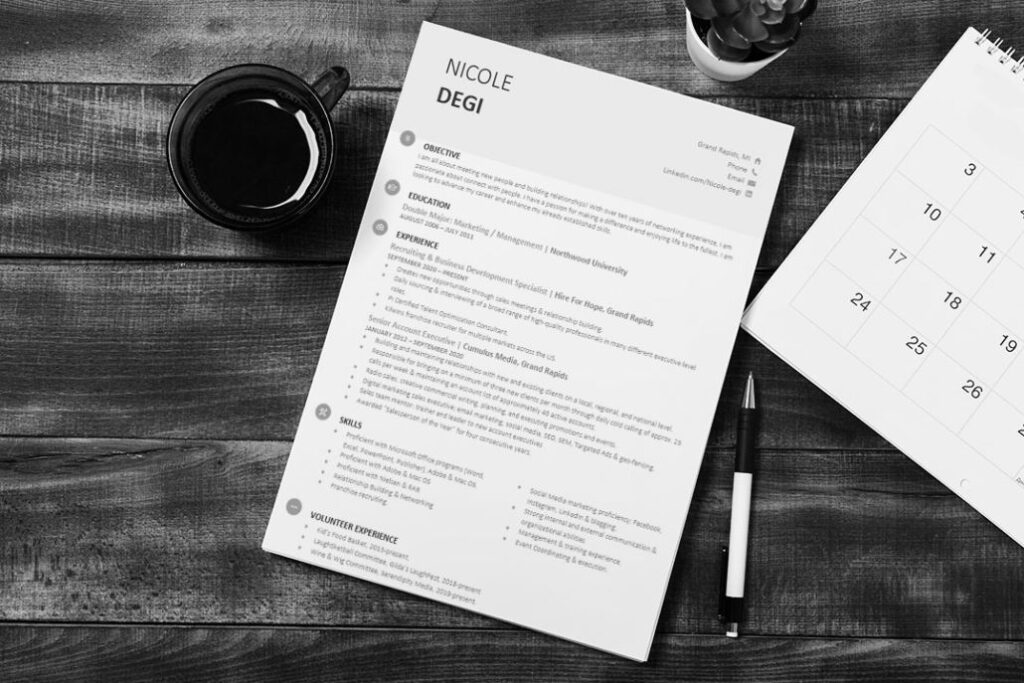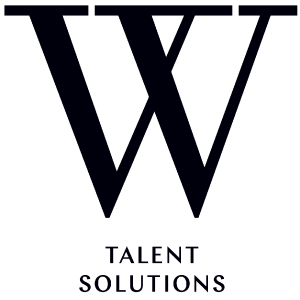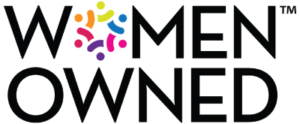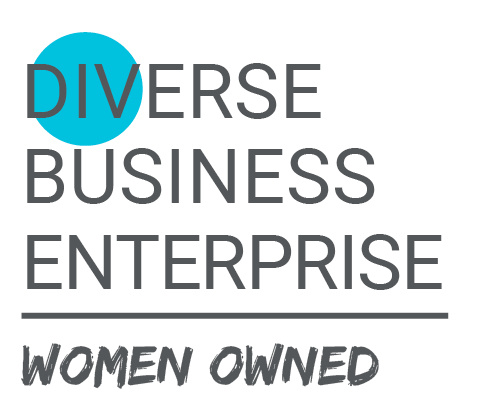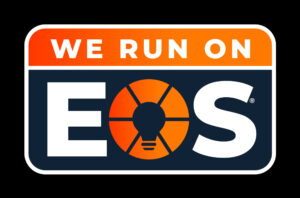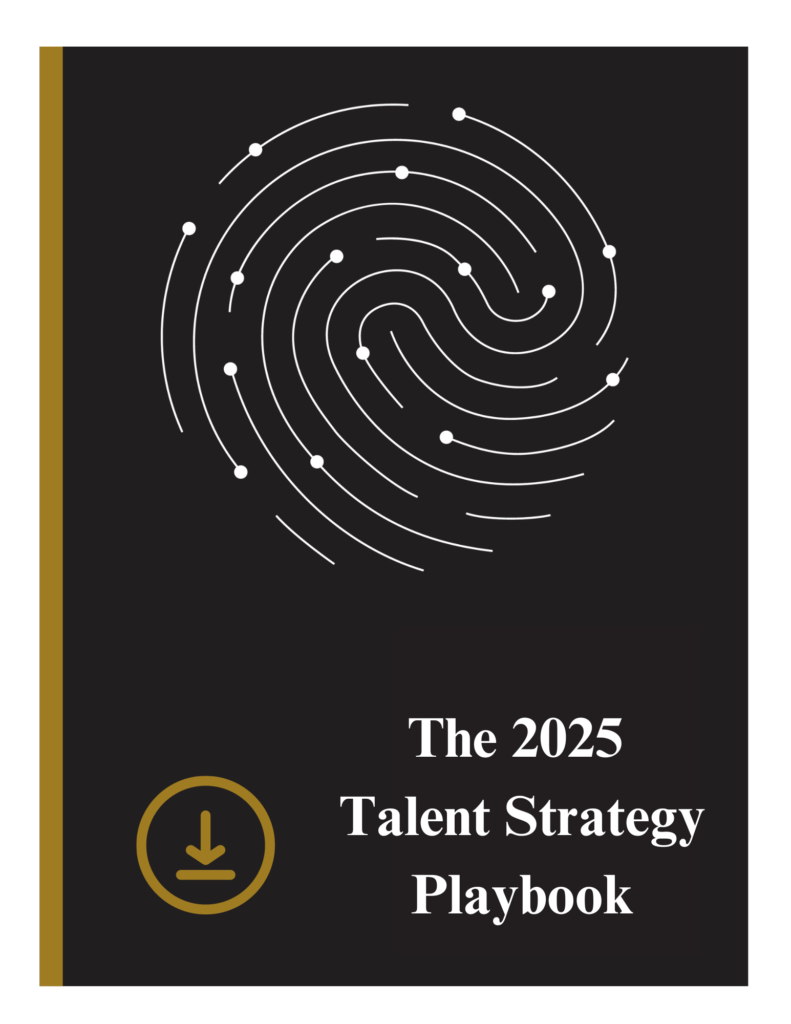Resume Skills Examples That Will Help You Stand Out
by Nicole Degi
Everyone knows the importance of a resume, but does everyone know how to create one? Will your resume get you noticed by a hiring manager? Will you land the interview and how far will you advance in the process?
This post will cover a couple of key skills to include in a resume to get you noticed! We have heard it time and time again — hiring managers spend a short amount of time looking at a resume before deciding to move the candidate along in the process or to pass on them. It is vital to make sure that your resume accurately reflects you, shows off your skills and achievements and is tailored to the role you are applying for.
What are the best skills to put on a resume?
Hard and soft skills are what needs to be included on a resume. Both are equally important when a hiring manager or recruiter looks at your resume. How do you as a candidate compare to others applying for the same position and what makes you the ideal candidate?
What are hard skills?
Hard skills are the requirements needed to complete a job. The technical skills that you are required to accomplish in the specific role and any tasks. These are typically measurable skills that come with education, training, and experience in the position. When listing hard skills on a resume, include specifications and certifications. These will not be the same for every person or every position! Below are some examples you may see included on a resume but remember to keep it specific to your experience and the job you are applying for.
- Software Proficiency: Be as specific as possible with how this relates to the specific job you are applying for. It is important to include Microsoft Office, MAC and Adobe but is there anything else that this specific position may use that you are proficient in? If so, include that. Including proficiency in zoom and/or Microsoft Teams has also become increasingly important over the last year.
- Research & Analytical Skills: Typically, no matter what role you are in employees are looking for candidates who can do the research to learn and understand the job at hand. This skill set is essential to employers because it helps them understand if you can identify and develop new information that could be vital to the organization.
Example: You can locate, identify, extract, and critically think about data. - Typing/Writing & Editing skills: Clearly written emails and letters are extremely important skills to have for both internal and external communication within the organization.
Examples: Proofreading, editing, drafting, journalism, creative writing. - Processes: If you have successfully created and implemented any processes into a role that you were in, include that. An example could be: You were instrumental in changing employee turnover, include the metrics and percentage of change and how it impacted the company. Or you increased website traffic by “x” amount, whatever it may be that you did make sure you include the quantifiable numbers.
- Marketing: If you are efficient in using social media platforms include this. Other examples would be SEO, SEM, Google AdWords (list click-through and conversion rates) email &/or text message marketing, press releases or blogging.
- Sales: Networking events you have attended, cold calling (how many businesses are you calling on a week or day?) any metrics, or achievements you have won or accomplished are all important to include.
- Presentation: Have you spoke in front of large groups of people? If so, list the location, event, and amount of people? Have you handled webinars or lunch and learns or created a slideshow or presentation?
- Technical Skills: This is where you would list specific courses, classes, software, or equipment you are skilled in.
- Language: If you are proficient in multiple languages let the employer know.
What are soft skills?
Soft skills are the interpersonal skills that you have. How do you fit into a workplace culture, communicate, and work with others? Your resume should let the employer know that not only can you do the job, but you will thrive in the job and produce results for years to come.
A list of soft skills that are important to employers:
- Communication: In whatever industry or role that you are in strong communication is key. Can you talk to multiple different types of people? Can you communicate and present effectively & confidently to all levels of people within the organization?
- Collaboration: How well do you work with others? Whether or not you are a team player is going to be critical in your career.
- Leadership: Even if this is an entry-level role it is important to highlight any professional experience that could lead to leadership. How do you inspire and motivate others? Are you fair and strategic?
- Attention to detail: Show employers that you are detail-oriented and careful and start with proofreading your resume and cover letter! This will show that you take the time to double-check your work and that you are thorough in the choices that you make.
- Adaptability: The world changes quickly and that means in the work force you will have to be able to quickly absorb and adapt to these changes.
- Multitasking: The majority of positions require you to be able to do multiple things at one time, include how you can work on several different projects at once.
- Time Management: Time means money in the business world. Are you using your time wisely? What have you done to meet deadlines and get the most out of your workday?
- Decision Making: When given a task or project can you assess the situation and determine a game plan? If so, this allows the manager to give you autonomy within your position.
- Problem Solving: Are you able to resolve any conflicts that arise? Nobody wants an employer that needs constant handholding. Understand that there will be challenges you will have to work through and overcome.
- Dedication/Self-Motivation: Dedicate and motivate yourself to the career, put in the extra work to educate yourself and hold yourself accountable to excel in the job.
- Work Ethic: Are you reliable & responsible? Can your employer count on you?
How to create a resume skills section?
It is important to organize and create your resume, so it is easy to read, consistent and organized. Create a column that will list your hard and soft skills in a row that makes it clear and concise. Add any keywords that you have identified this specific role is looking for. In this section use bullet points so it is easy to scan and identify if you have the skills they are seeking. Again, be specific to the role! Make the skills section attention-grabbing.
What not to put in a skill section:
Do not exaggerate your skills or embellish on something that is not true to make it look better on paper. Stretching the truth is not worth the risk, remember that most companies conduct reference checks and background checks and being trustworthy is one of the most important soft skills you can have.
Do not overuse words. Some people like to put a ton of words on paper with no content and it is important to remember that hiring managers are looking at sometimes hundreds of resumes, so do not get too wordy, get to the point.
And lastly, I cannot say this one enough. Do not forget to proofread. Use spell check, have a friend, family member or mentor look it over. Step away from it and come back and proofread again, print it out and read it.
It is important to keep in mind that your resume is the first chance you get to show the hiring manager and recruiters who you are and what your capabilities are. So, take your time creating the resume that reflects the position you are applying for and remember to be thorough, truthful, and straightforward on your resume.

